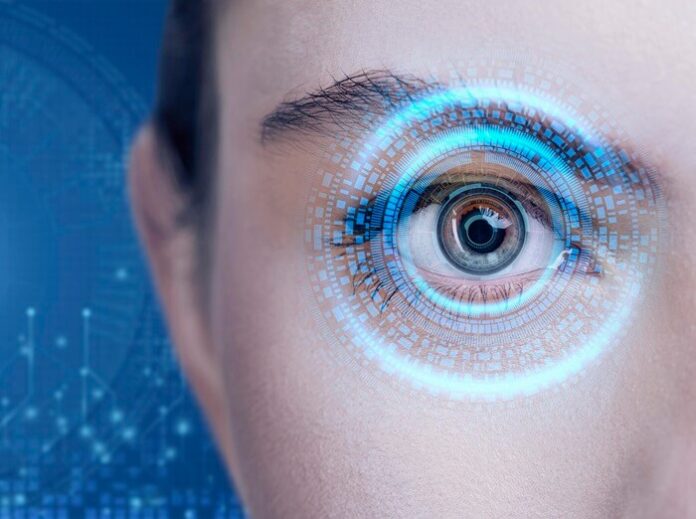Artificial intelligence could soon assist eye care specialists in diagnosing infectious keratitis (IK), a leading cause of corneal blindness worldwide. A new study has shown that deep learning models can match the accuracy of ophthalmologists in detecting IK.
In this meta-analysis, Dr. Darren Ting of the University of Birmingham and an international team analyzed 35 studies that applied Deep Learning (DL) models to diagnose infectious keratitis. The AI models achieved a sensitivity of 89.2% and specificity of 93.2%, compared to the 82.2% sensitivity and 89.6% specificity of ophthalmologists.
As reported by news-medical.net, these models collectively analyzed over 136,000 corneal images, demonstrating AI’s potential for reliable, rapid diagnosis. “Our study shows that AI has the potential to provide fast, reliable diagnoses, which could revolutionize how we manage corneal infections globally,” said Dr. Darren Ting, Senior Author and Birmingham Health Partners (BHP) Fellow at the University of Birmingham. “This is particularly promising for regions where access to specialist eye care is limited, helping to reduce preventable blindness worldwide.”
The AI models also successfully differentiated between healthy eyes, infected corneas, and various causes of IK, such as bacterial or fungal infections. Although these findings underscore DL’s potential in healthcare, the study authors highlight the need for more diverse data and further validation to enhance AI’s clinical reliability.
Infectious keratitis affects millions, especially in low- and middle-income countries with limited specialist care. As AI continues to evolve, it may become a key tool in preventing corneal blindness on a global scale.























